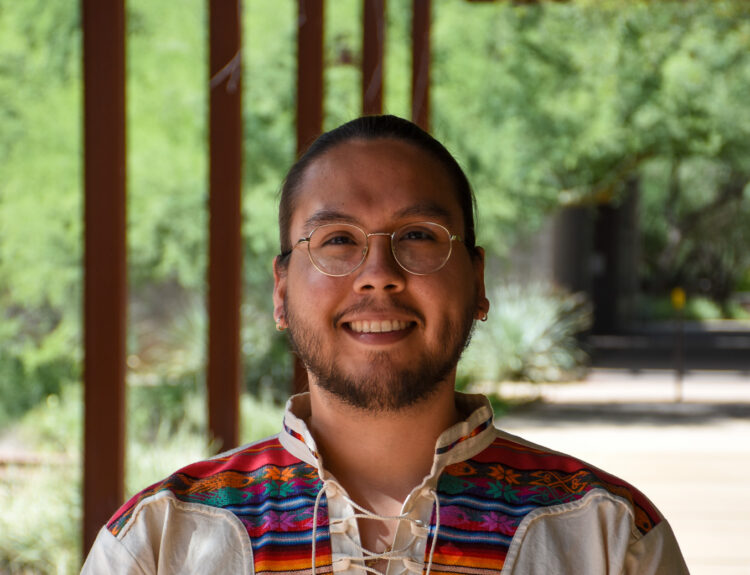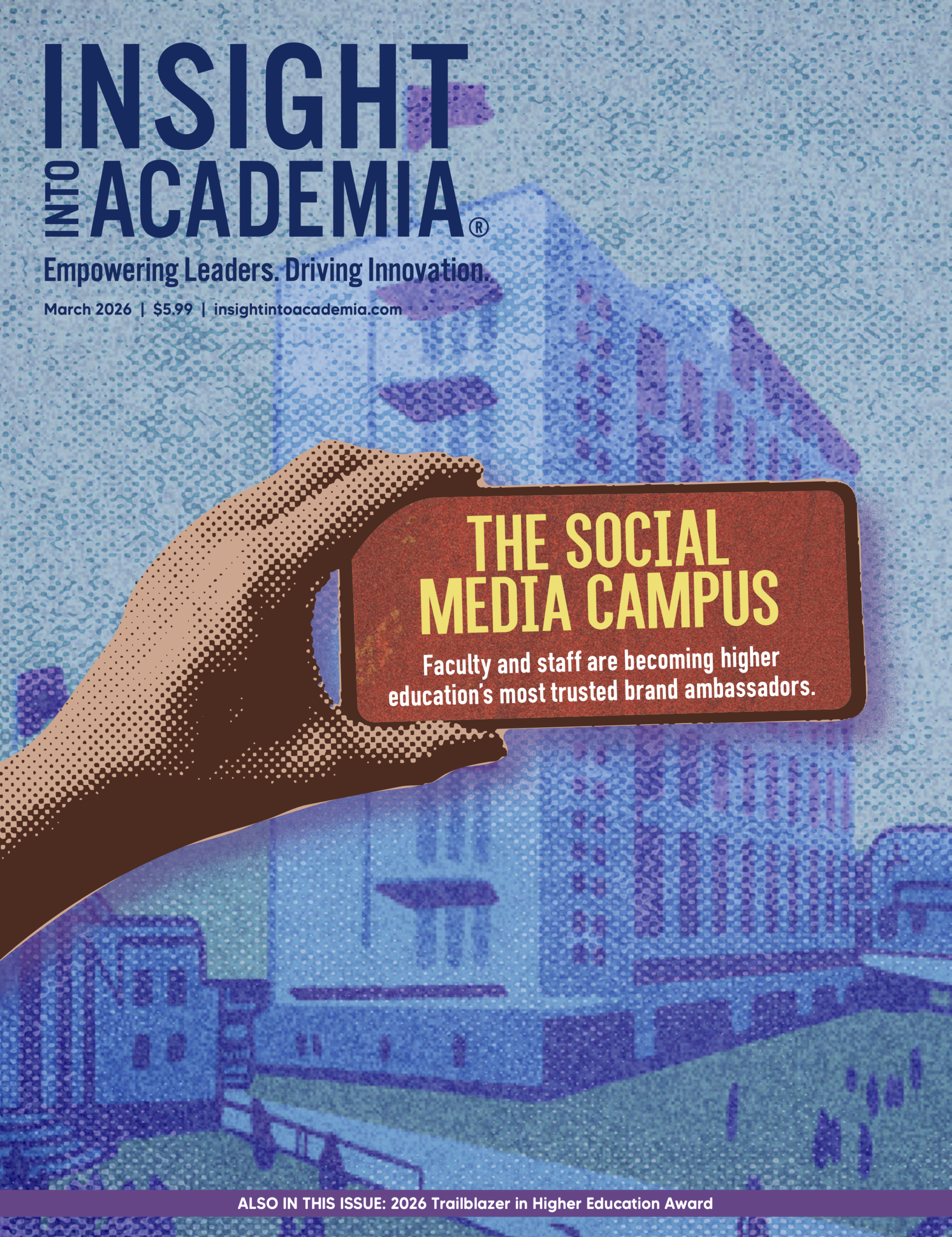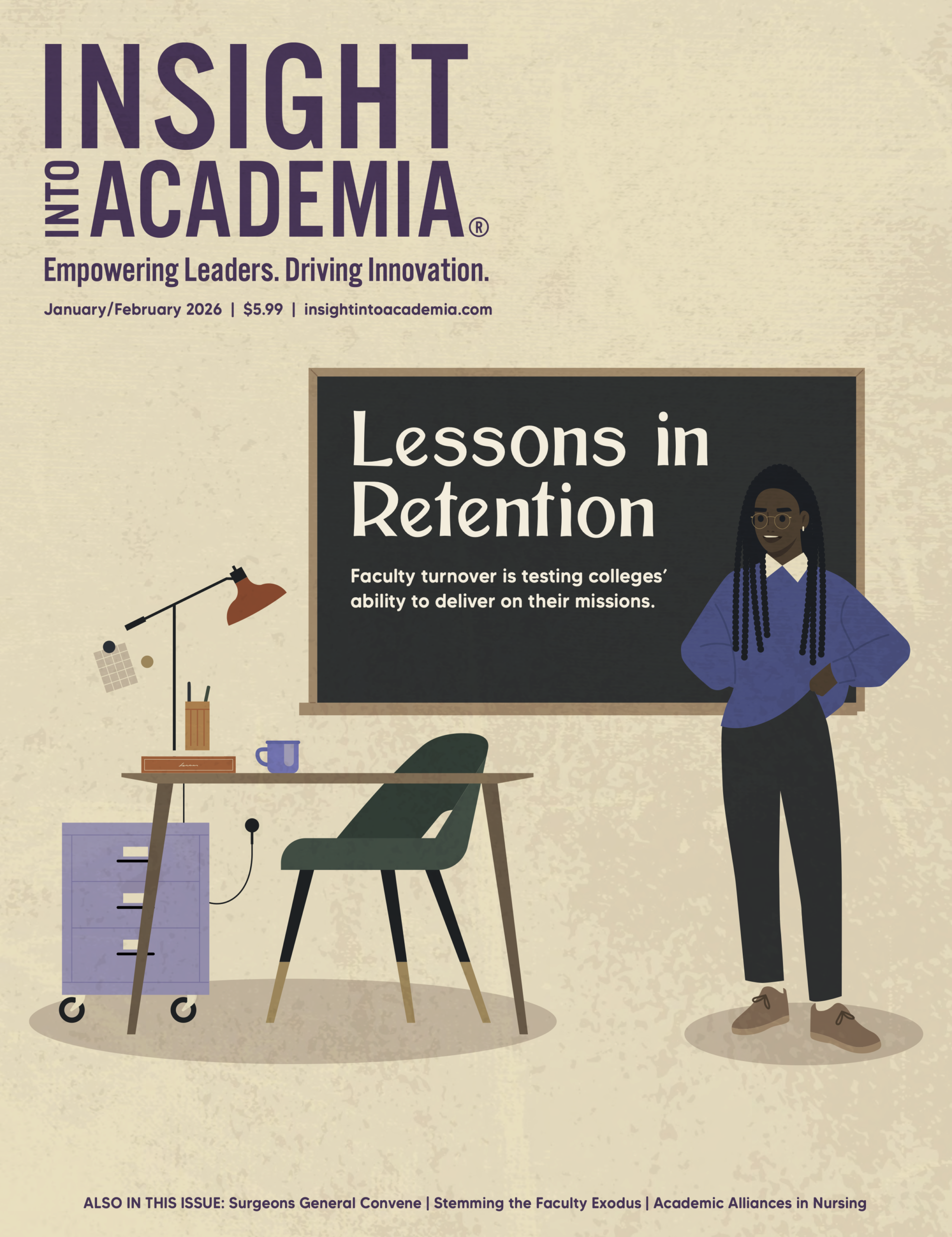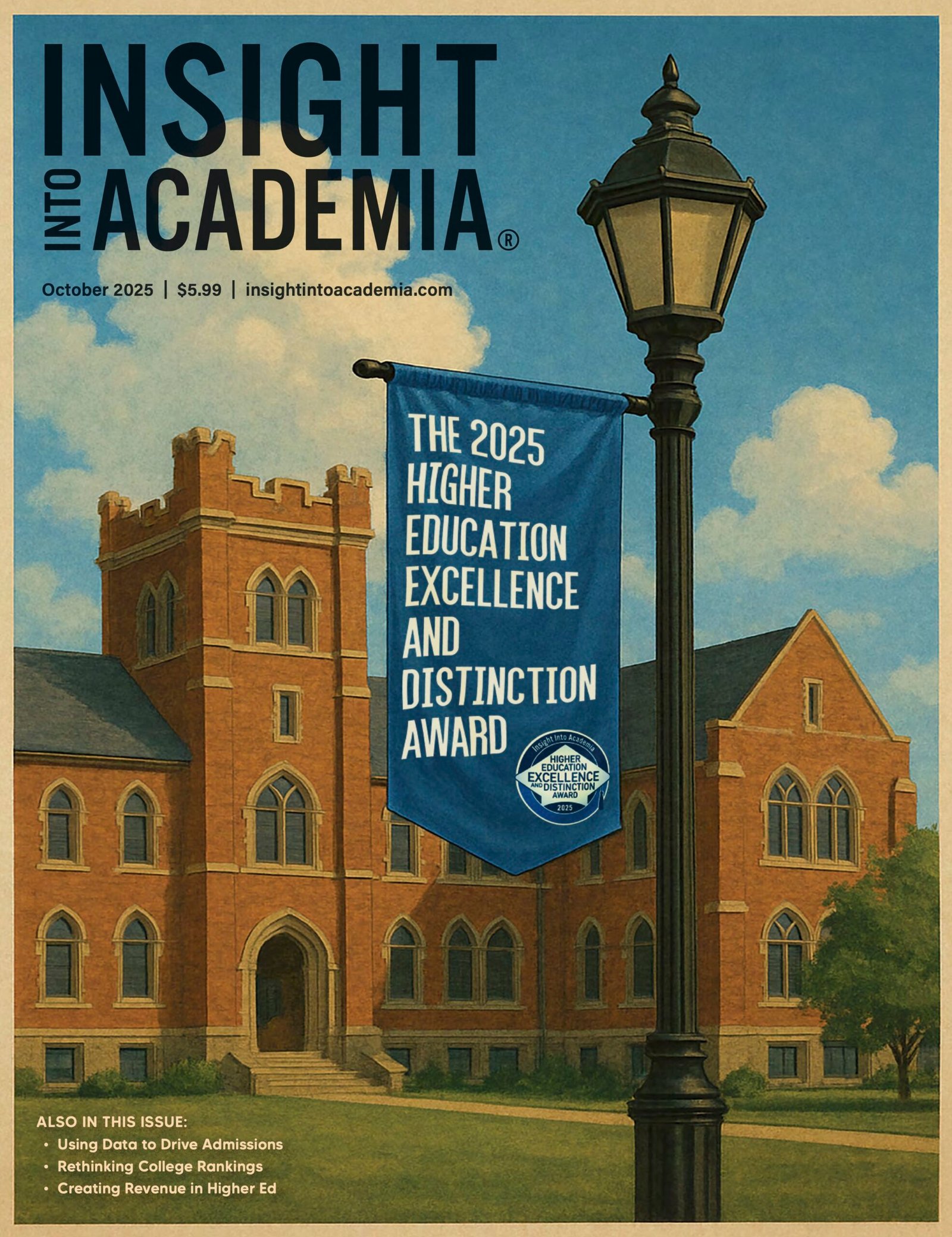Pursuing a PhD represents the pinnacle of academic achievement, but beneath the accolades there lurks a significant, often overlooked reality: the mental health toll plaguing many doctoral candidates.
Studies consistently reveal troubling statistics. A 2018 study published in Nature, a journal focused on advancements in science, found that nearly 40% of graduate students globally experienced symptoms of anxiety or depression.— a rate six times higher than the general population. In 2019, Nature conducted a survey of 6,320 global PhD students that revealed 36% of respondents sought help for anxiety or depression reportedly caused by their academic pursuits.
A 2020 Student Experience in the Research University (SERU) Consortium survey of graduate students at 10 U.S. research universities found that 39% screened positive for anxiety symptoms. Scientific Reports’ 2021 meta-analysis found that 24% of PhD students have clinically significant symptoms of depression, and 17% have clinically significant symptoms of anxiety.
There are clear reasons for these high rates of mental health concerns, but colleges have the opportunity to take purposeful, strategic actions to help alleviate them.
Causes for Concern
Doctoral programs are wrought with pressure for students to conduct original research, publish papers and/or present their findings at conferences, and secure highly competitive research and publication funding, all while meeting advisers’ stringent expectations. These demands can lead to long work hours, poor sleep, and disordered eating, among other negative consequences.
Isolation is a common side effect of the strenuous workload, as PhD work is often more solitary than the communal study efforts of undergraduates, largely because doctoral programs tend to have much smaller cohorts. Employed students and those with additional family or caregiver roles may struggle to balance a rigorous academic workload with their personal responsibilities while also maintaining important social connections.
The financial strain of graduate education can exacerbate these challenges, leaving students juggling multiple jobs, accruing debt, or both. International PhD students experience amplified stress from visa restrictions, language barriers, and cultural adjustments, while PhD students of color often face added pressures from biases, disproportionate diversity related tasks, and limited faculty representation of similar backgrounds.
Because of these obstacles, burnout rates are high, and many students leave their programs before completion. Those who persist can face long-term mental health challenges that extend into their professional lives.
Putting Care Into Practice
With growing awareness of these issues, colleges are addressing doctoral students’ needs by weaving resources directly into the fabric of campus culture. From free in-person or virtual therapy to dedicated graduate student spaces, variety and flexibility are essential.
At the University of California, Los Angeles (UCLA), the Graduate Student Resource Center (GSRC) not only houses the Graduate Writing Center but also provides counseling, peer support services, and wellness resources specifically designed for graduate and professional students. The GSRC actively participates in the Economic Crisis Response team, which assists graduate students facing financial hardship, and plays an important role in organizing the campuswide Graduate Student Orientation and Graduate & Professional Student Appreciation Week.
Notably, the GSRC led UCLA’s first comprehensive graduate student survey, informing and shaping continuous efforts at improving health and wellness.
Such surveys can be a critical tool for illuminating areas requiring attention and prompting strategic action, as demonstrated by the University of Michigan. Their Rackham Graduate School formed the Graduate Student Mental Health Task Force in 2019 to identify challenges and implement changes to support graduate student psychological health and well-being.
One result was the establishment of a standing Committee on Graduate Student Mental Health and WellBeing, which launched the Well-Being Advocate Program. Composed of existing students, faculty, and staff, the committee receives training and tools to help them connect graduate students and mentors with resources, enact changes within graduate programs, identify stressors, and advocate for further support.
Forming internal committees and task forces is an approach also successfully utilized the University of North Carolina at Chapel Hill (UNC-Chapel Hill), which started the Graduate Student Experience Initiative to prioritize mental health and well-being. It includes a 35-member advisory board, a steering committee, and five working groups, as well as two teaching assistant working groups.— one for STEM and professional schools, the other for arts, humanities, and social sciences. There is also a separate research assistant working group for each field, and a fifth one focused on student life and wellness.
The initiative will closely examine how graduate students’ working conditions affect their experience and well-being, ensuring it is also inclusive of online and international master’s and doctoral students. UNC-Chapel Hill also launched a dedicated webpage that serves as a hub of resources related to a wide range of concerns, including emotional health, financial challenges, academic struggles, and more.
Dean Beth Mayer-Davis, PhD, chair of the steering committee at UNC-Chapel Hill, welcomed students to the 2024-2025 Graduate Student Experience: “We believe that we can have high academic rigor here at UNC along with student wellbeing. It’s possible to have both of these, one does not need to detract from the other, but we have to be intentional to make sure that happens.”
Schools that employ a holistic approach are better able to meet the needs of their doctoral students. Flexible schedules, recorded workshops, and targeted education for stress management and work-life balance lead to more opportunities for success. Allocated monetary resources for caregiving, cost-of-living differences, and unique circumstances like assisting international students with visas can ease financial burdens.
Additionally, appointing advocates to help students find the right mentors, and improving the quality of that mentorship through faculty training on implicit bias and diversity, showcases the value of those relationships and increases the positive impact they can make on student well-being.
The mental health crisis faced by PhD students is not a foregone conclusion. By cultivating a culture of openness and awareness, colleges can enable the next generation of scholars to thrive.















